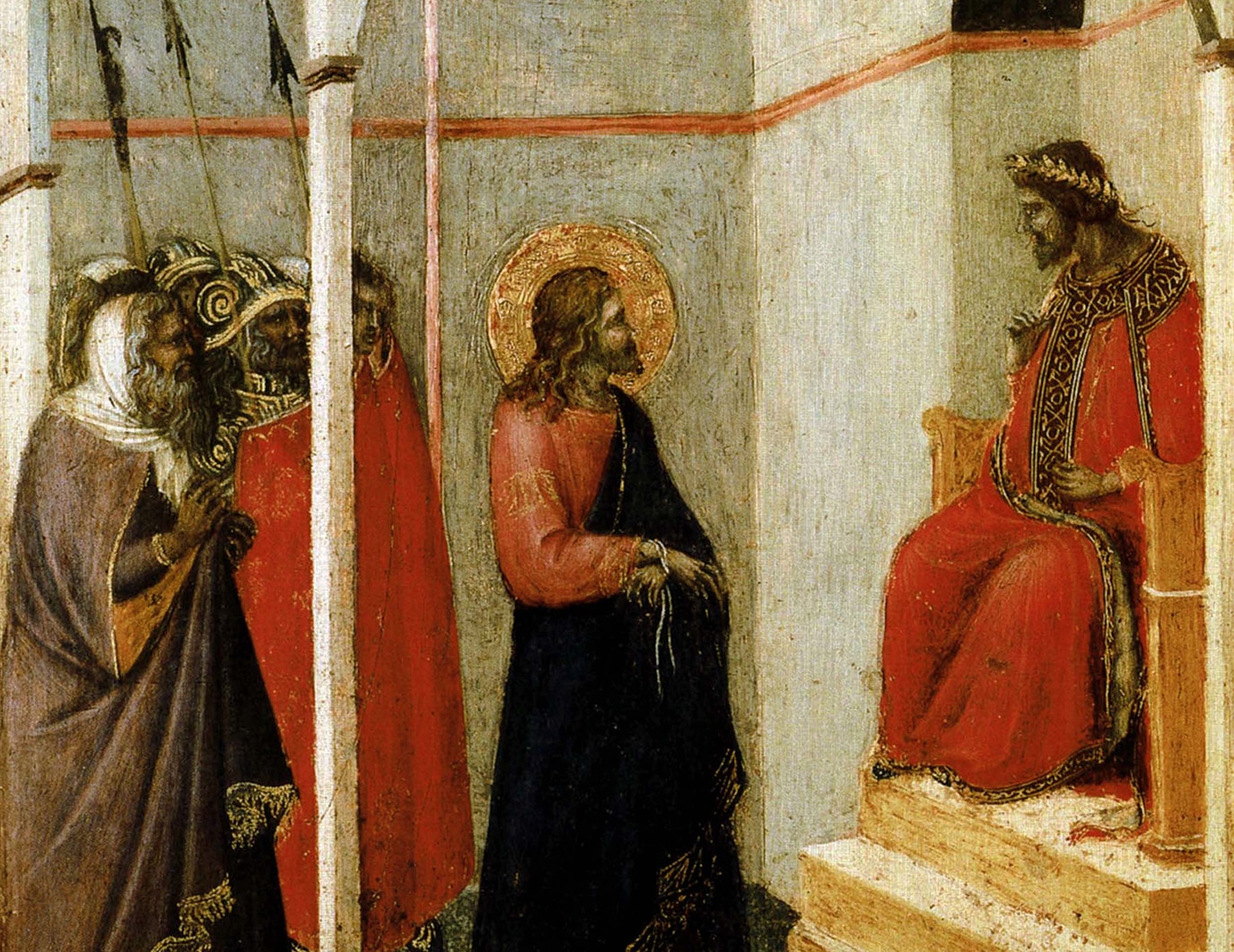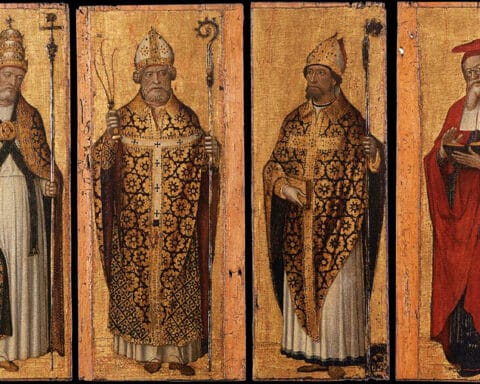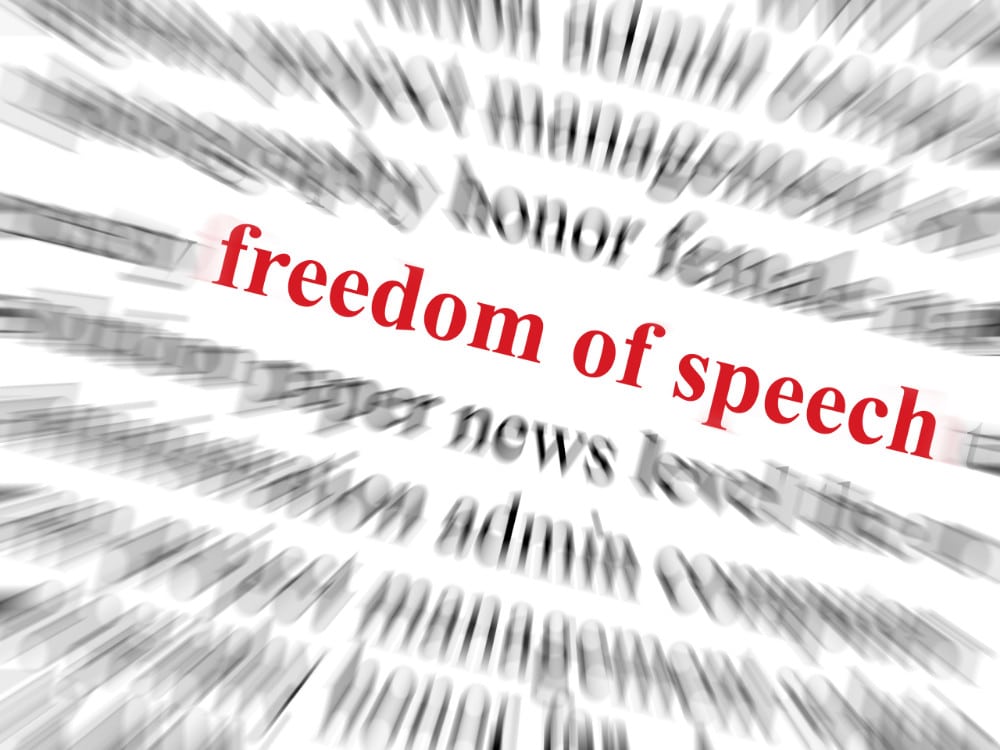“What is Truth?” Pontius Pilate famously asked, as he stood before the Son of Man and the Son of God who had equally famously declared, “I am the Way, and the Truth, and the Life.” That encounter, between the man who is Truth and the man who could not see the Truth, sprang to mind recently when I heard a priest on a popular podcast about the Catechism of the Catholic Church define truth in, as he said, “two words”: “Truth is what is.” Moments later, he simplified his definition to a single word: “Truth is reality.”
In one sense, that definition is true: God is the ultimate truth, and he is not only real, but the ground of all reality. Understood within a traditional philosophical framework, that definition is one that St. Augustine and St. Thomas Aquinas could accept.
Opinion vs. truth
The mind of modern man, however, has not been formed by that traditional philosophical framework. Reality, to us, is the world as we find it, in all of its — yes — truth, goodness and beauty, but also all of its brokenness. For nearly five centuries, since the time of Francis Bacon and René Descartes and the dawn of the scientific revolution, our mental landscape — what we accept as reality — has been populated only by those things that we can see, hear, taste, touch and smell. The idea that there may be more to reality than the fallen world in which we live, much less the idea that this fallen world is, in some important sense, less real than the spiritual landscape in which we dwell and which dwells in us, has slowly but surely disappeared from the minds of even those of us who profess our faith in Christ. We recite the creed every Sunday, professing our belief in the one God who created all things “visible and invisible,” yet in our day-to-day lives, we accept as real only that which our senses present to us.
The error of this modern epistemology — the theory of knowledge that has become so ingrained in our thinking that we are normally not even aware we are operating within its restrictive boundaries — became clear as the priest continued. Having defined truth as “what is,” he made a further distinction between “objective truth” — for instance, the existence of a tree that you and I both see before us — and the “subjective truth” that you like chocolate gelato (“your truth”) while I prefer pistachio (“my truth”). Yet the Catechism of the Catholic Church at no point uses the term “subjective truth,” nor does it acknowledge that concept in other words. Our preferences, our opinions, are real, and a statement about them — “I prefer pistachio gelato to chocolate” — can be true (in the sense of corresponding to reality) while also not being truth in the sense that Christians understood that term until the advent of the modern world.
Recognizing reality
There is much in this world — the result of our sins, original and personal — that is real while not being true. Abortion is a reality, but the horror of that act lies in its destruction of the truth — the truth that the unborn child is made in the image and likeness of God; the truth that we are all meant to be our brother’s keeper. If we define truth as “what is” in a mental landscape populated only by what we see, hear, taste, touch and smell, we run the risk of accepting as “true” many things that, in reality, may lead us away from the truth that Christ came to reveal to us.
Because God, who is the ultimate truth, created the world before we, corporately and personally, introduced the destruction of sin into it, we can learn something of the truth through the philosophical contemplation of our fallen world. That is the essence of natural law. Among other things we can learn from that contemplation are the limitations of the mental blinders that we willingly put on five centuries ago and that truth transcends and calls us beyond the reality of this fallen world. Jesus Christ — the living Truth who stood before the Descartes of his day, who could only see the bruised and battered and bleeding man his senses presented to him — died for us that we might rise with him above the reality of this fallen world into the fullness of the truth that gives us life.





